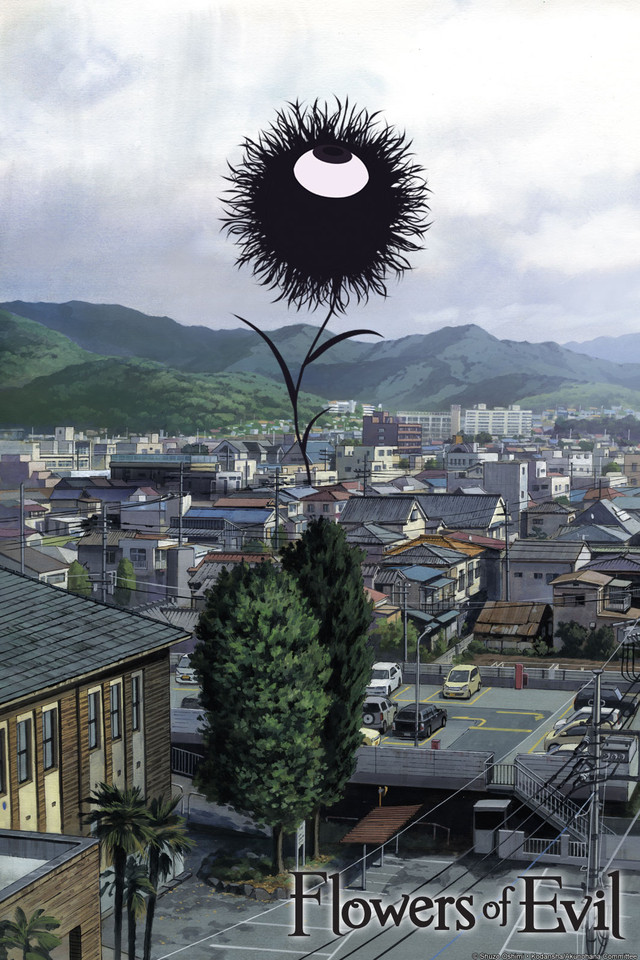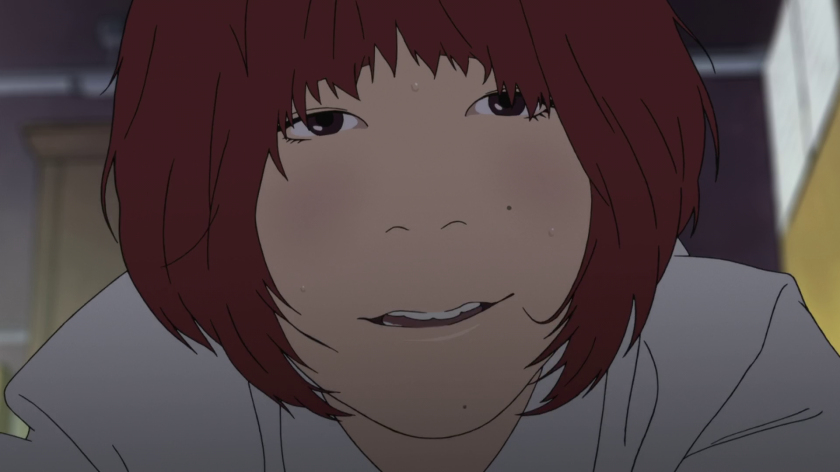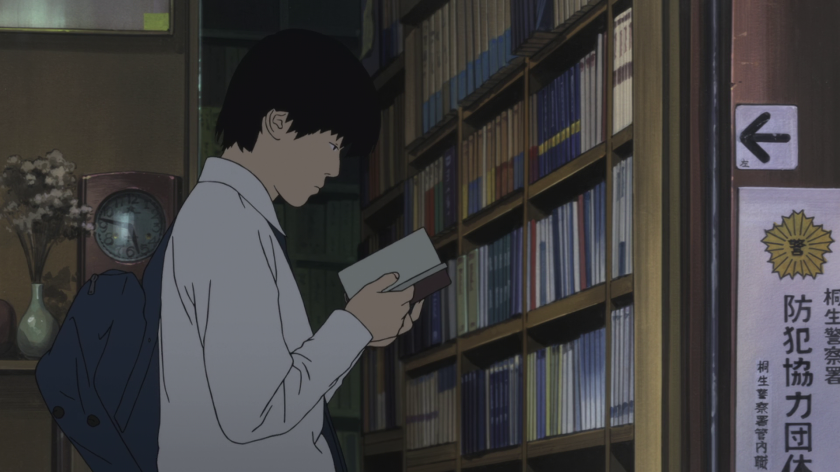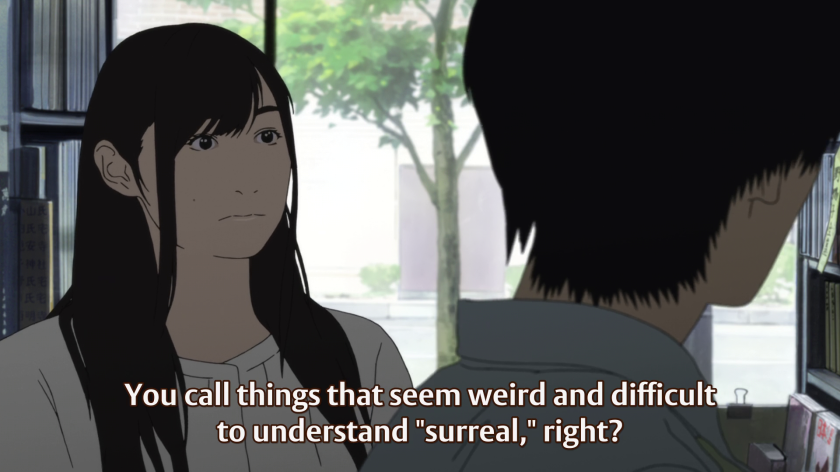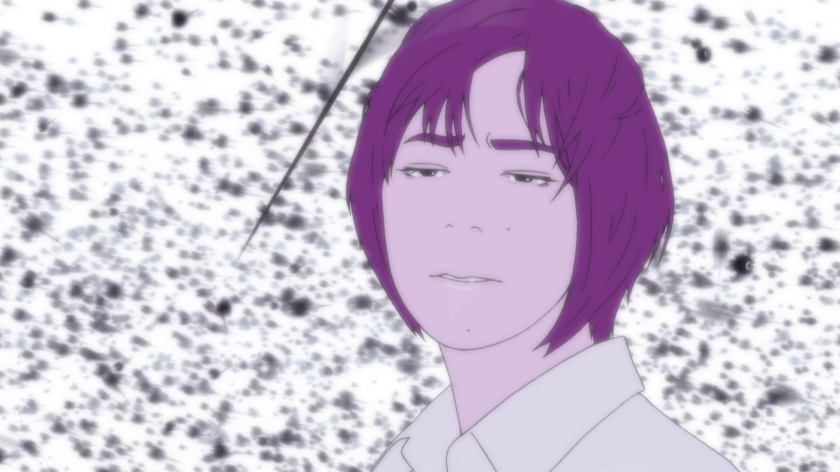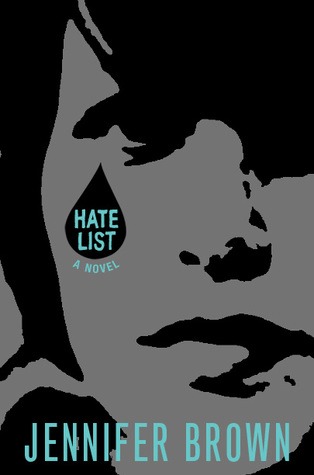 Just a while ago, I read a Young Adult novel that seems to be the positive mirror of this. It was Jennifer Brown’s Hate List. Both novels deal with a tragedy, specifically a girl losing a boy to death and how it affects their lives. The relationship was big. Both happen to be outcasts in a Nowheresville. Relationships with the family is rocky and there is a sexually-active, supposedly hot chick that’s evil involved.
Just a while ago, I read a Young Adult novel that seems to be the positive mirror of this. It was Jennifer Brown’s Hate List. Both novels deal with a tragedy, specifically a girl losing a boy to death and how it affects their lives. The relationship was big. Both happen to be outcasts in a Nowheresville. Relationships with the family is rocky and there is a sexually-active, supposedly hot chick that’s evil involved.
The difference is in how Hate List is darker, but more sympathetic whereas King’s book has more shocking content on the surface but less of the empathy which is truly disturbing. Therefore, at the bottom there isn’t much horror or insight. King lays out at the beginning who are the good guys and who are the bad. Nowhere in the novel do they get a chance to prove otherwise and we don’t get any view of their inner world. Dad figure swings from bad to good, and it’s actually nice to see a parental figure being allowed to be flawed but not a complete asshole. Sadly, this is where the good characterization ends.
I’m all for novels like this. Teenagers need books like these which deal with drugs, sex and death. They experience these things at this age and sometimes what they need isn’t the perspective of an adult, but a lot of perspectives similar to theirs. Books like this mention the important subject, but they offer such a narrow perspective. Perhaps for those for whom death and alcoholism ring close, this book can be some kind of an emotional outlet. For the rest of us, though, it’s too close-minded.
My issue is not with the content and not even that it’s quite wacky, moving away from the gritty-realism authors like this try to imitate. I can take the octagonal treehouse and teenagers burning shit down. I can even take the enigmatic, hot outcast male. Where’s the life in them, though?
Charlie isn’t as bad as Green’s females, but we still get a character with zero personal issues that we’re supposed to adore. He’s a dream boy – wild, untamed, skinny, always doing things, putting a tough exterior but is actually romantic and with some emotional issues. Of course, the romantic side and the emotional baggage is never let out – because men with emotions aren’t sexy. For some reason, too, love interests in these novels are always skinny and this is passed off as if it’s against the beauty ideal.
Eventually he goes to the dark side to be with ‘cool people’. King’s version of the Evil Cool isn’t jocks and football junkies for a change, but a bunch of druggies and a rocker girl. As for her, she happens to have a lot of sex and is nasty to people. Why she’s nasty to people, we never understand. Her sexual nature is also often painted hostile and morally low, but I’m not sure why besides the fact it’s ‘conformist’ – unlike Charlie who is really cool and builds treehouses.
She’s so nasty that she ruins everyone’s lives. I’m sure there are people like this, but if only King gave us a little insight into why she does what she does. Jenny ends up being nothing more than a plot device and someone we could hate. Besides breaking up between the main character and her lover, she has no role.
Many characters in this novel fit a scary template in fiction – characters whose main purpose is that we’ll have something to hate. Such characters contain some qualities that nearly everyone will claim as bad – cruelty, sadism, lack of empathy. On top of that the authors will put something else to make them uncool, like being stupid or doing too many drugs or being too conserative, or maybe just racist. We’ll be expected to really detest this character and hope for their downfall.
The problem is, we often feel this way in real life towards people because it’s all we’ve been exposed to. Sometimes hating people is justified, but what’s wrong is hating them while denying their humanity. Once we draw a too distinct line between us and the evil, we override the purpose of morality. Morality then is not decided by deeds or virtues, but by people. ‘A is just because of X’ becomes ‘A is just because B is unjust’. That type of morality leaves no room for redemption, and so no room for admitting when we’re wrong (since we can’t be – the other side must be wrong!). Once we adopt such a morality, nothing prevents us from becoming what we hate.
Sadly this is what King has to offer us. Jenny and the others remain an enigma – assholes without character. If only King would’ve developed further, maybe she could’ve conjured something more horrifying, more haunting. Evil is at its scariest when we realize we can do it, too. That’s why pictures of serial killers are so frightening. We look at them and see flesh and blood just like us.
Plot doesn’t matter much in novels like these since the psychological development of the character is important. King is better than Brown in creating a main character. The writing is utilitarian and doesn’t add much, but there’s a toughness to the writing, an edge that lets Vera be more than an outcast. She’s a tough person who bottles it all until it comes back out. While King is not the peak of minimalism, she lets just enough edge to let this psyche be expressed in the prose.
It would’ve been better if she didn’t need a big event for the story to revolve on. Considering how Vera has enough depth to carry a story on her own – not much, but just enough – big explosions were unnecessary. All we needed was to see these characters go about their lives, how their worldviews and personalities – Vera’s detachment, will to be responsible and for escapism and Charlie’s adventurous spirit – collide, stray, collide again and eventually fall apart. She does it quite successfully throughout the novel. The relationship is convincing enough with how the characters relate and then go separate ways when puberty hits.
Scattered throughout the novels are other perspectives – the pagoda, the father. King doesn’t have the writing ability to give these a new tone. Don’t look at the heading and you’ll find the father and the daughter are speaking in the same internal voice. Still, it’s a refreshing addition that almost gets close to adding empathy to this story. Sadly, these are tidbits, not a choice of method that re-frames the whole novel. Most likely a young author will be inspired by this but will accidentally credit As I Lay Dying.
It’s quick and to the point, but mostly it’s an insulting collection of stereotypes. We all could use books, like music, that offer us catharsis but this is not a song that will carry on to future years. It’s more like your first local show, where the mere presence of sound and emotion is enough to inspire you to keep digging. You won’t remember precise details about that band, and the same goes for this book.
1.5 rocker girls out of 5

